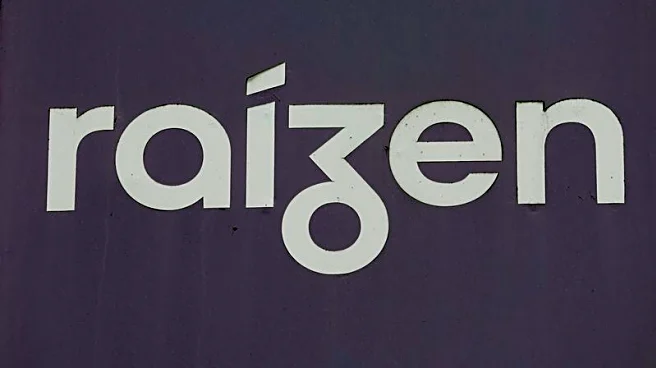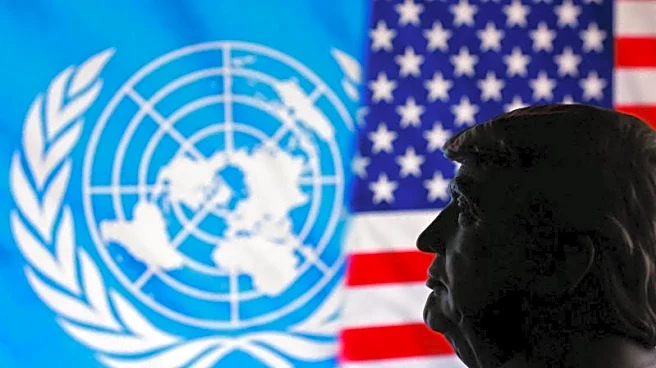Rapid Read • 7 min read
The Department of Justice (DOJ) is preparing to request the Supreme Court to review the constitutionality of President Trump's executive order aimed at ending birthright citizenship. This move follows a decision by the 9th US Circuit Court of Appeals, which upheld a nationwide block on the order. DOJ attorneys informed a federal judge in Seattle of their plans to seek certiorari, aiming for the Supreme Court to address the legality of the Citizenship Order in its next term. The appeal would compel the Supreme Court to consider whether Trump's initiative to terminate birthright citizenship aligns with the 14th Amendment. This issue was previously sidestepped in a major ruling earlier this summer. If the Supreme Court agrees to hear the case, it could become one of the most significant legal battles of the decade, with a potential ruling by mid-2026.
AD
The outcome of this legal challenge holds significant implications for U.S. immigration policy and constitutional law. A Supreme Court ruling in favor of the executive order could redefine the interpretation of the 14th Amendment, impacting millions of individuals born in the U.S. to non-citizen parents. This case also underscores the ongoing legal and political debates surrounding immigration policies initiated during Trump's presidency. A decision to uphold the order could embolden similar executive actions, while a rejection might reinforce judicial checks on presidential powers. The case's progression highlights the judiciary's role in shaping immigration policy and the balance of power between federal courts and the executive branch.
The DOJ's appeal could lead to the Supreme Court addressing the issue on its emergency docket, potentially putting lower court rulings on hold. The 1st US Circuit Court of Appeals is expected to issue a decision soon, which may influence the DOJ's strategy. If the Supreme Court agrees to hear the case, it will likely become a focal point of national attention, with significant legal and political ramifications. Stakeholders, including immigration advocates and constitutional scholars, will closely monitor the proceedings, anticipating the broader impact on U.S. immigration law and executive authority.
AD
More Stories You Might Enjoy













